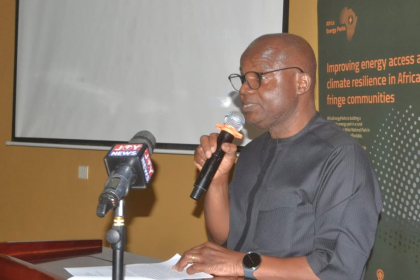The Institute of Financial and Economic Journalists (IFEJ), is expecting a revenue-mobilisation measures that emphasised efficiency, widening the tax base and digital administration.
Mr. Roger Agana, the Acting Head of the IFEJ said the above should catch the government,s attention and be prioritised rather than excessive new levies imposed on households or businesses.
There should be targets that speak to growth, inflation, public debt, and deficit metrics, adding that the 2026 budget must demonstrate credibility and discipline in public finances and reinforce investor confidence.
“We look for clear commitments in the area of expenditure control and investment in key priority areas that will support job creation, private-sector development, infrastructure development, agriculture and social-protection
We also emphasise the need for transparency in borrowing, debt-servicing strategy, and adherence to international fiscal frameworks, as these usually influence Ghana’s credibility in the capital markets,” he added.
The IFEJ shared this position ahead of the budget reading on Thursday.
He said the budget must not simply present large figures but communicate a coherent narrative of reforms, inclusion and accountability that members of the media could translate into meaningful stories for the public, businesses and policymakers.
The Institute, he noted, was prepared to analyse, interpret, and support coverage of the budget.
Mr. Samuel Adjei Kwarteng, a journalist, said, “I’m particularly looking for policies that support job creation, entrepreneurship, and skills development.
The budget should also make room for investment in innovation and digital infrastructure to help young people tap into new economic opportunities”.
Mr. Kwarteng also impressed the government to address youth unemployment and promote social protection, for the benefits of growth would reach everyone — not just a few sectors of society.
GNA






